Which Cloud Platform Will Be Best in 2025: AWS, Azure, or Google Cloud?
Choosing the right cloud platform in 2025 can be challenging. This guide compares AWS, Azure, and Google Cloud, highlighting their unique features, market positions, and pricing to help you make an informed decision for your organization.

Which Cloud Platform Will Be Best in 2025: AWS, Azure, or Google Cloud?
Table of Contents
- Market Share: Who’s Leading in 2025?
- AWS in 2025: The Safe & Scalable Giant
- Microsoft Azure in 2025: The Corporate Favourite
- Google Cloud in 2025: The AI & Data Powerhouse
- Pricing Battle: AWS vs Azure vs Google Cloud in 2025
- Who’s Winning Where?
- Future Trends That Will Impact Decision
- Which Cloud Is Best in 2025?
- Conclusion
Today's modern businesses are using cloud computing technologies as if they were their lifeline. From government projects, IT tech powers, to fresh entrepreneurs running their first startups — cloud technology is leveraged by all. However, the question still reigns supreme for enterprises in 2025, Who rules the cloud now between AWS, Azure and Google Cloud?
This article aims to analyze the three giants in the market Amazon Web Services (AWS), Microsoft Azure, and Google Cloud Platform (GCP) evaluating their advantages, disadvantages, recent changes, innovations, and what lies ahead for them. You'll understand better by the end of the article which cloud platform is suitable for your business in 2025.
Market Share: Who’s Leading in 2025?
AWS still holds the top position with around 31-33% of the global cloud market share.
Microsoft Azure follows closely with 25-27% share, rapidly gaining enterprise clients.
Google Cloud holds 10-12% but dominates in AI-ML, data analytics, and startup-friendly tools.
Verdict:- AWS = Market Leader, Azure = Fast Climber, Google Cloud = Specialist.
AWS in 2025: The Safe & Scalable Giant
Strengths:
-
It has been around since 2006, so it is arguably the most developed cloud platform.
-
Has a total of more than a hundred availability regions, in addition to extensive international infrastructure.
-
More than optimal for multinational businesses and large-scale projects.
-
Unmatched in serverless and other storage solutions, as well as computing power.
-
Has the largest number of business partners and users.
New Developments in 2025:
-
Offerings based on Generative AI through Amazon Bedrock.
-
Improved security with automated compliance features.
-
Enterprise-grade Kubernetes (EKS Anywhere) Advanced multi-cloud integrations.
-
Cloud infrastructure with sustainable and measurable carbon footprint emissions.
Ideal For:
-
Companies requiring a dependable international footprint.
-
Worldwide growing SaaS companies.
-
Comprehensible IoT, Big Data, and DevOps solutions.
Weakness:
-
It can become costly at scale without optimization.
-
Less flexible pricing for younger, smaller/startup companies.
Microsoft Azure in 2025: The Corporate Favourite
Strengths:
-
Most powerful hybrid cloud model using Azure Arc.
-
High integration with Microsoft 365, Teams, and Dynamics.
-
Most trusted cloud vendor for state & regulated markets.
-
Achieves industry-leading positions in edge computing & IoT solutions.
-
Unique .NET and Windows environments that are most welcoming to developers.
New Developments in 2025:
-
Azure has an OpenAI service that scales massively.
-
Data governance tools across multiple clouds.
-
Expanded offerings for Azure Quantum.
-
Powered by Microsoft Sentinel AI cloud security.
Ideal For:
-
Businesses that rely heavily on the Microsoft ecosystem.
-
Banking, Health Facilities, and Government Institutions
-
Business processes and data administration powered by AI.
Weakness:
-
UI/UX is nowhere near as intuitive for developers as it is with AWS.
-
Difficult to use at lower price tiers while taking advantage of multiple services.
Google Cloud in 2025: The AI & Data Powerhouse
Strengths:
-
Best-in-class AI–ML capabilities through Vertex AI & Gemini AI.
-
The most advanced Kubernetes platform (which Google invented) is included.
-
BigQuery is the most advanced analytical data warehouse in the market.
-
Proprietary cloud solution that embraces open-source technologies.
-
Generous discounts and credits, along with boosts for startups.
New Developments in 2025:
-
Services integrate with Gemini AI.
-
Private deployments leverage Google Distributed Cloud.
-
Sustainability carbon aware computer scheduling.
-
Advanced AI models using Cloud TPU v5.
Ideal For:
-
Data-first businesses and new AI enterprises.
-
Businesses with AI integration, focusing on Machine Learning and Analytics.
-
Software publishing without charge for public use.
Weakness:
-
Less global infrastructure than AWS or Azure.
-
The enterprise market share is still growing.
Also Read:- Choosing the Right Cloud Consulting Company in India
Pricing Battle: AWS vs Azure vs Google Cloud in 2025

Tip: Pricing depends highly on service type, location, data transfer & resource usage.
Who’s Winning Where?

Future Trends That Will Impact Decision
1. AI-Native Cloud: All three are working on integrating AI into their automation processes, customer services, and cloud infrastructure management.
2. Sustainability Metrics: Google Cloud and AWS are taking the initiative in carbon footprint tracking and green computing technology.
3. Multi-Cloud Strategy: Companies are increasingly adopting a multi-vendor approach to cloud services to protect against vendor lock-in.
4. Edge Computing Rise: Azure and AWS take the lead in the development of global edge networks.
5. Data Sovereignty Laws: Azure wins with a cloud that is compliant for use in countries with stringent data policies.
Which Cloud Is Best in 2025?
If you want:
Maximum Global Reach → Choose AWS.
Enterprise Hybrid Cloud → Go for Azure.
AI, ML, and Data Brilliance → Trust Google Cloud.
But in reality, there is no one-size-fits-all winner.
Businesses in 2025 are moving towards:
Multi-cloud setups → Best of AWS + Azure + GCP combined.
Vendor-neutral architectures.
AI-integrated cloud management tools.
Conclusion
By 2025, no one single cloud platorm best suits all clients. AWS dominates in reach, while Azure excels in supporting Enterprise solutions. Google Cloud is the leader in AI and data services. For businesses, the most sensible cloud strategy today is to choose a specific vendor which works best for them - or optimally, deploy all three vendors to maximize flexibiltity and drive growth.
For Cloud Computing Consulting:-
visit :- https://bminfotrade.com/contact

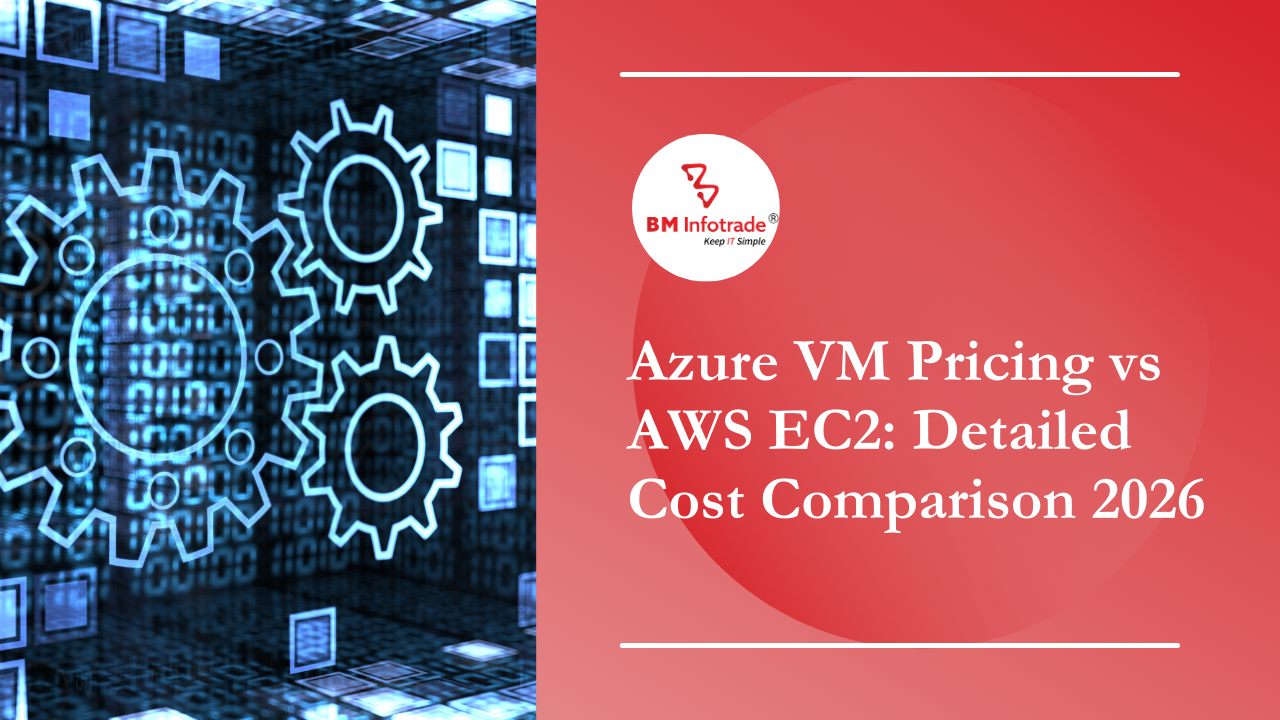

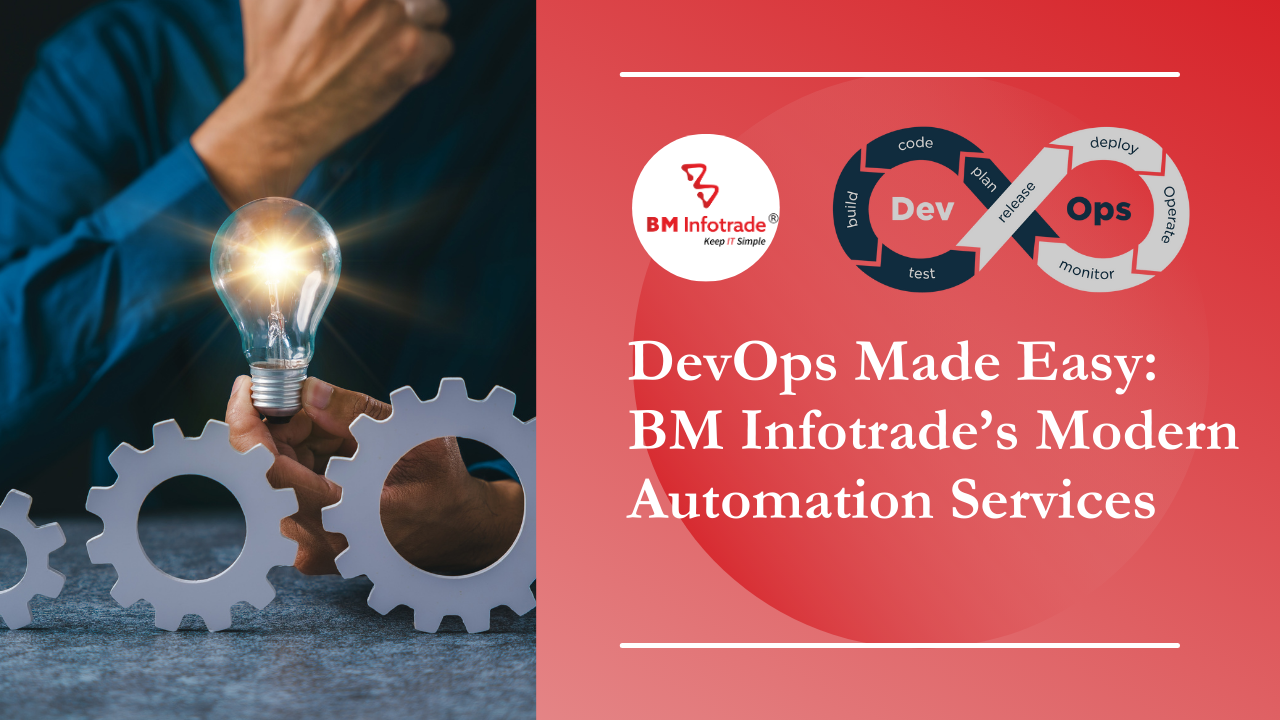
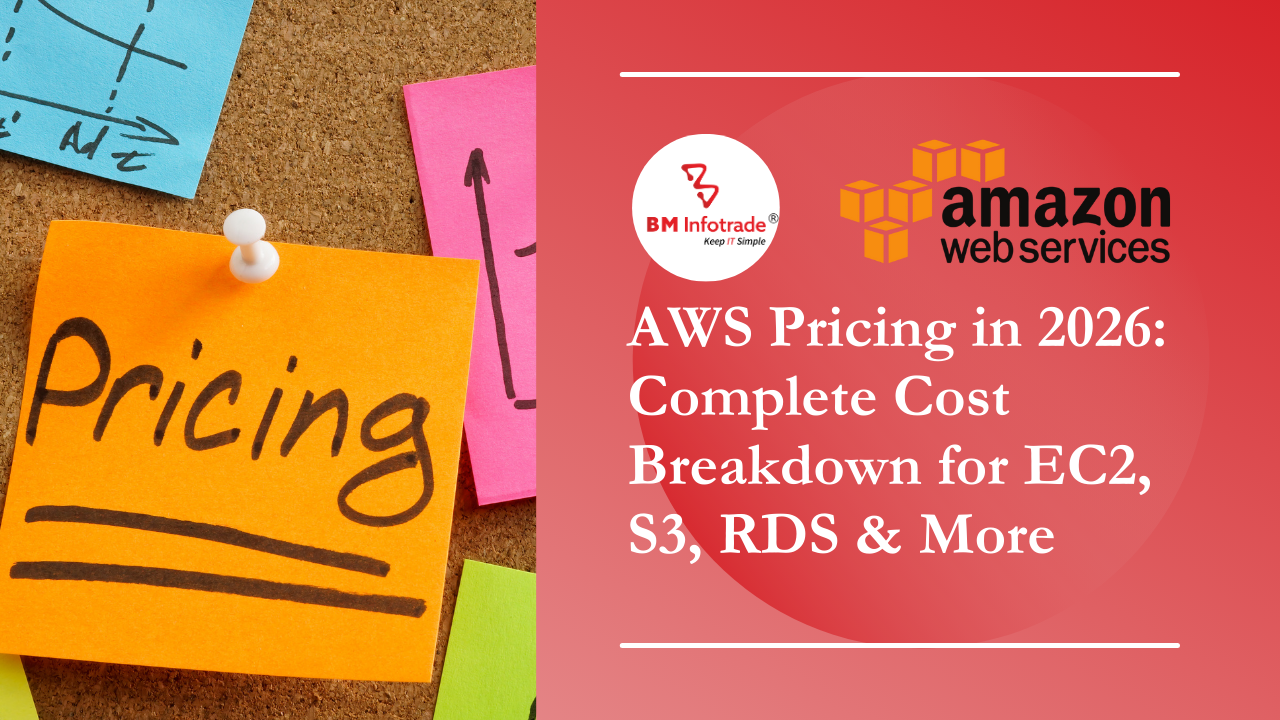
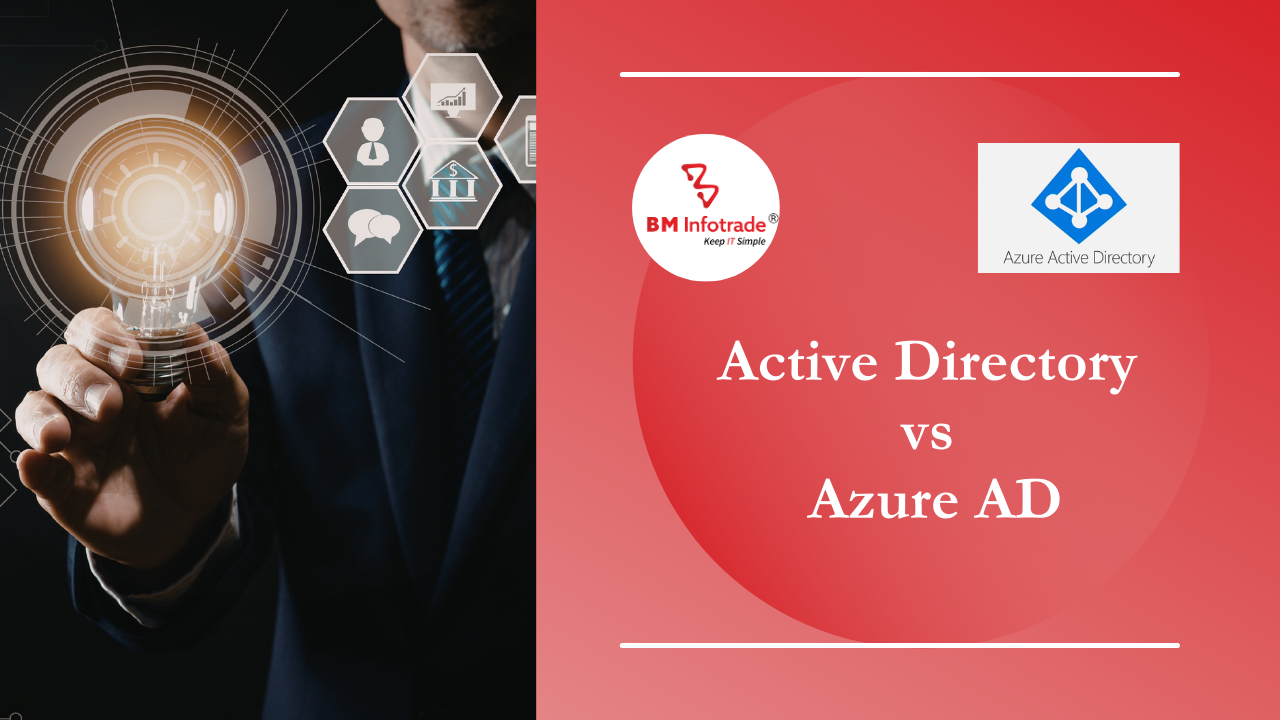
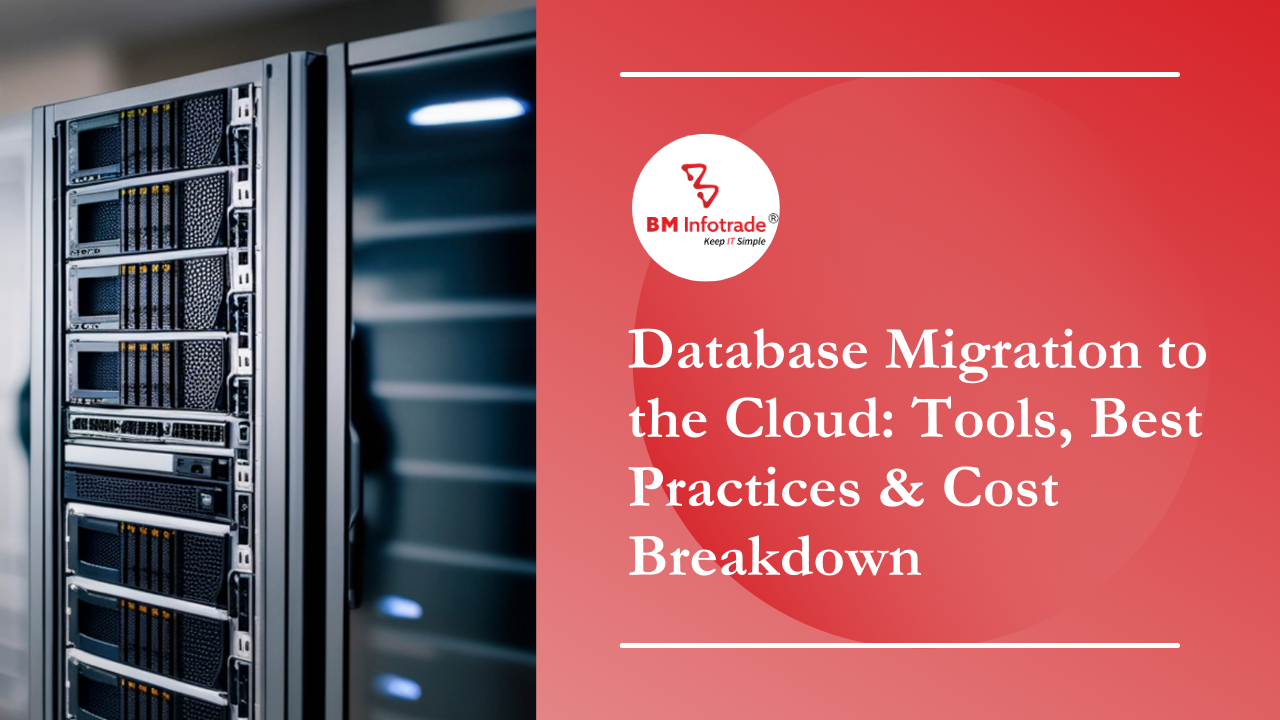
Anshul Goyal
Group BDM at B M Infotrade | 11+ years Experience | Business Consultancy | Providing solutions in Cyber Security, Data Analytics, Cloud Computing, Digitization, Data and AI | IT Sales Leader